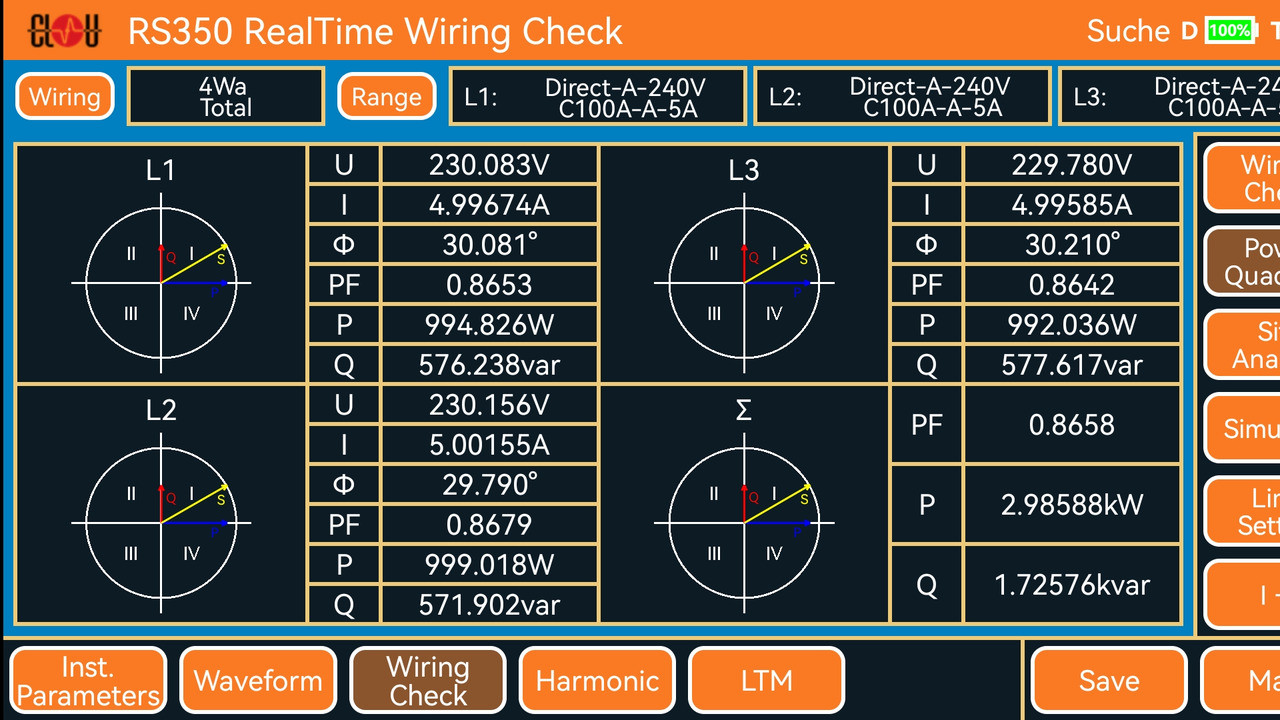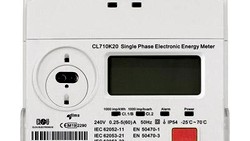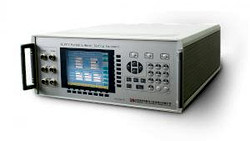Editor's Note: I've written this article with simplicity in mind to ensure it resonates with a wider audience.
Let's talk about power efficiency in electrical systems. Wasted energy means higher costs, more emissions and an overloaded grid. So efficiency is key. One important factor is something called power factor – how well electrical loads actually use the supplied power. Optimizing the power factor unlocks big energy savings and helps create a more sustainable, reliable grid.
So what is power factor?
It's the ratio between active power (W) and apparent power (VA). Active power is what a load truly consumes to do useful work. Apparent power is the total power from the source. Ideally, the two would be equal, giving a power factor of 1.
But in the real world, most electrical loads react in a way that shifts voltage and current waves out of sync. This shift stores some power temporarily in magnetic or electric fields, rather than converting it to work. The power factor drops, showing inefficient use of power.

Why does low power factor matter?
Loads with low power factor draw more current to deliver the same real power. More current increases losses in distribution as heat, and causes bigger voltage drops along lines. This wastes energy and strains equipment, increasing failures.
Low power factor also means oversized generators, transformers and conductors to meet the higher apparent power demand. That means higher costs for utilities and industrial sites, and inefficient energy use.
How can we improve power factor?
There are a few good options:
- Add capacitor banks in parallel with inductive loads like motors – this provides reactive power locally.
- Use synchronous condensers – special synchronous motors without mechanical loads. They can generate or absorb reactive power as needed. More flexible than fixed capacitor banks.
- Install active front-end converters with advanced control algorithms. They shape the input current waveform to match voltage – improving power factor and providing other benefits.
- Reduce reactive power demand through energy efficiency – high-efficiency motors, variable speed drives, optimized system design. This minimizes the need for power factor correction equipment.
There are also regulations and standards promoting power factor correction, as well as financial incentives from utilities. A holistic approach is needed, with collaboration between utilities, industry and consumers. Utilities can offer rebates and assistance. Industrial sites can conduct audits and implement tailored solutions. Buildings can reduce reactive power demand through energy efficiency.
Takeaway
Optimizing power factor is not just a technical necessity; it's a strategic advantage that saves energy and reduces costs. By addressing this key aspect of electrical efficiency, we contribute to building a smarter, more resilient grid. Through collaboration, innovation, and a commitment to efficiency, we can fine-tune the grid for optimal performance. This ensures that future generations will have access to reliable and efficient power.
At CLOU, we are at the forefront of this initiative with our sophisticated four-quadrant metering and comprehensive remote monitoring solutions. These tools are essential for anyone looking to enhance their energy systems and create a more sustainable future.
Contact us for more details on how our technology can assist in your power management strategies.
Until then, keep shining bright like a solar panel on a sunny day!





All comments are moderated before being published. Inappropriate or off-topic comments may not be approved.